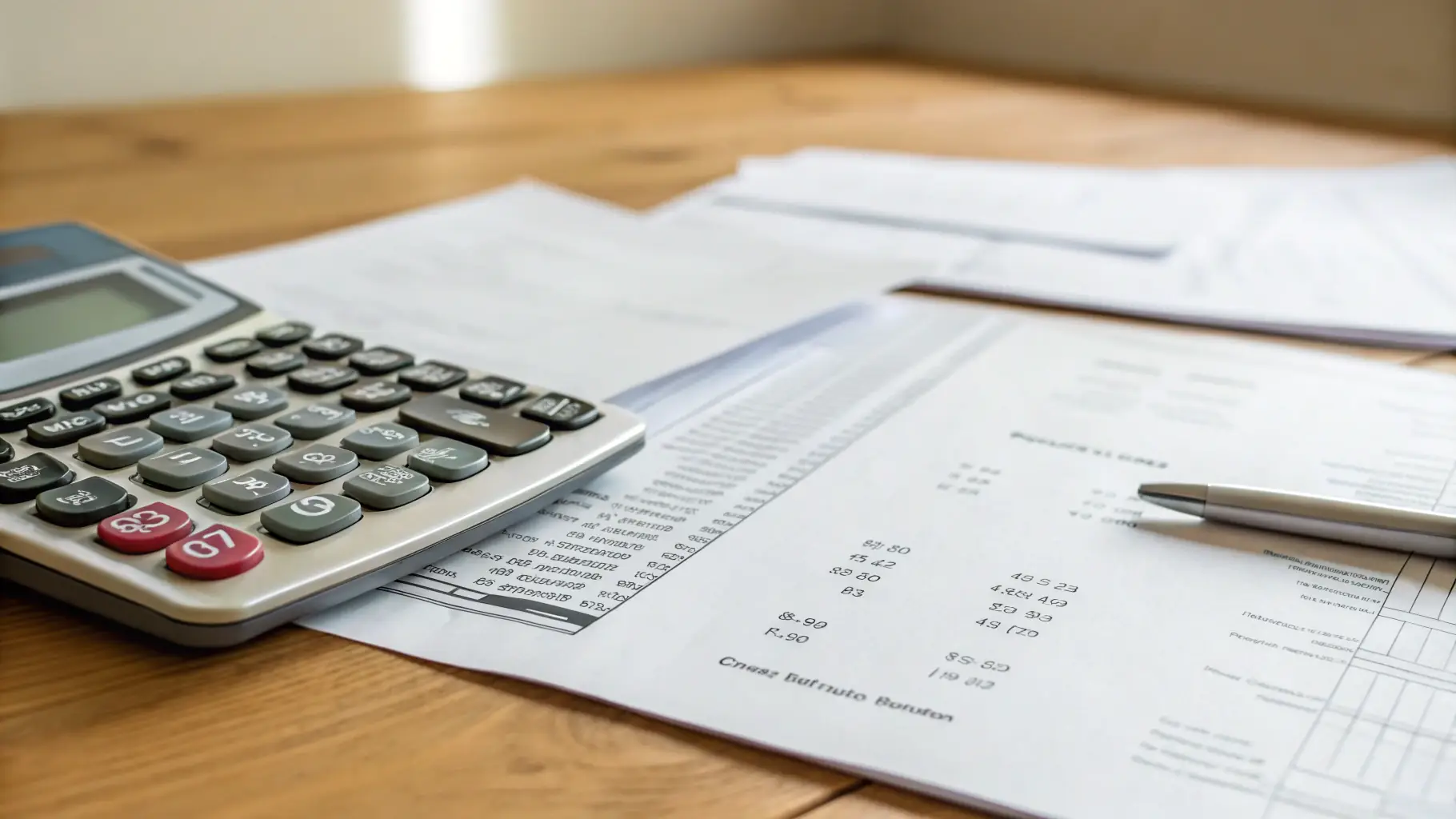Financial inspections are crucial for maintaining the integrity and accuracy of financial records. These inspections help identify potential errors, fraud, or non-compliance with regulations. Whether you’re a business owner or an individual, understanding financial inspections is essential for sound financial management. The primary goal of a financial inspection is to verify the accuracy and reliability of financial statements.
The process typically involves reviewing financial documents, such as balance sheets, income statements, and cash flow statements. Inspectors may also examine supporting documentation, such as invoices, receipts, and bank statements. They look for discrepancies, inconsistencies, or any red flags that could indicate financial irregularities. A thorough financial inspection can help prevent costly mistakes and protect against potential legal issues.
Preparing for a financial inspection involves organizing your financial records and ensuring they are up-to-date. It’s also important to understand the specific requirements and regulations that apply to your situation. If you’re unsure about any aspect of the inspection process, consider seeking professional advice from a financial advisor or accountant. By being proactive and prepared, you can navigate financial inspections with confidence and ensure a positive outcome.



